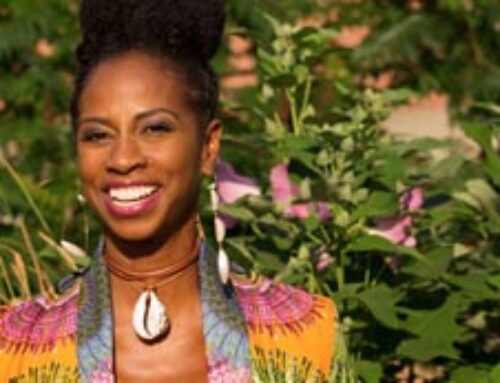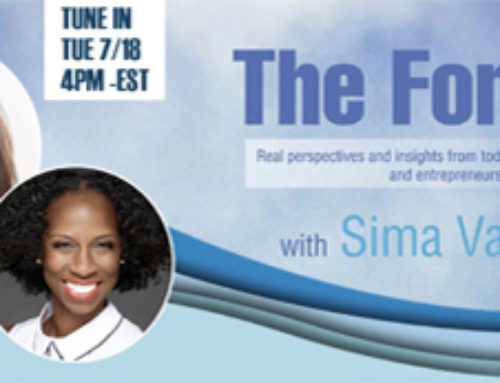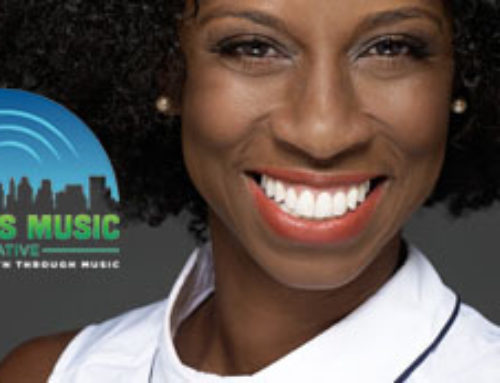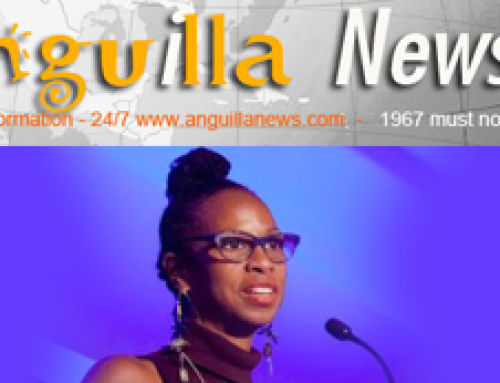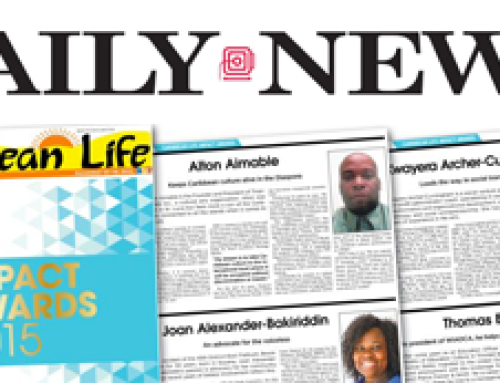A young girls’ dance routine inspires the development of a cultural academy
by Kandia Johnson
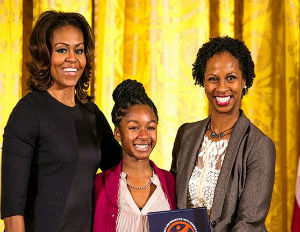
(Image: nydailynews.com)
About 25 years ago, Kwayera Archer-Cunningham, a former professional dancer and choreographer, realized a young girl didn’t have the confidence and trust to verbalize the ills she experienced at home but she effortlessly expressed them through dance. This was the aha moment that inspired Kwayera to open Ifetayo, a cultural academy located in Flatbush: the heart of Brooklyn, NY.
The organization’s name comes from the West African Yoruba word “ifetayo” which means “love is enough for joy.” Ifetayo provides young African children and their families with a safe space to develop their artistic talent creative expression and cultural identity. “I realized through an organization like Ifetayo, many other young people and their families across Brooklyn could have an opportunity to safely express their creativity and heal some of their wounds while developing a strong sense of pride,” says Kwayera.
Since 1989 over 20,000 youth have been served through Ifetayo’s programming. On the heels of Ifetayo’s 25th anniversary, Black Enterprise caught up with Kwayera to delve into her career journey.
What need does your organization fill for children in the Brooklyn community?
I realized that young children of African origin and descent were not receiving their cultural heritage, legacy and identity development in school, and it was affecting their self-image in a negative manner. It was extremely important for me to figure out how to ensure young people received this information in a manner that was empowering. My organization helps facilitate a process where they felt endowed with all the richness of their heritage and full with possibilities for their futures.
As you celebrate 25 years of service in Brooklyn, what is more important to you now than it was 5 or 10 years ago?
What is most important is that as the organization continues to grow, leadership ensures there is always a way for the voice of the community to be heard and our decision makers are hearing reflections of those that we serve. This is particularly important because of the gentrification that is rapidly happening in Brooklyn, NY.
I want to make sure that as the surroundings and landscape changes in Brooklyn that our members have a way to inform leadership and policy makers what is happening on the ground and on the front line. These systems of clear and authentic communication have kept the board and executives not only tuned in to the needs of the students and families of the organization, but also have been an eye into what was happening in the neighborhood and needs of the community at large. This is my hope. Again not only for Ifetayo but also for the borough of Brooklyn as the neighborhoods that were once primarily Caribbean residents are now very different.
What’s one thing you would like to see more from young adults and/or the community?
I would like to see more young people on boards of the organizations that serve them, affecting and creating policy. Once you include young people’s voice in their programming with elder guidance and support, you cease to deal with the age old problem of retention in youth programs and the disconnect and gap in generational problems.
Describe your top 3 career highlights over the last 25 years:
Receiving the 2013 National Arts and Humanities Youth Program Award from the President’s Committee on the Arts and Humanities at the White House and from First Lady Michelle Obama.
Being able to conduct a rites of passage in Ghana with traditional elders not once but twice was a top accomplishment simply because it had a powerful impact on our students who were rites participants, but also the unintended outcome of pride for the youth of Ghana. To see the exchange between our Brooklyn youth and the Ghanaian you and the two communities connecting around our tradition set by our ancestors was beyond a highlight.
Witnessing the power of our programming – We had a young sister, who was at her breaking point and about to give up on life, literally, and as a last resort her mom brought her to us to see if we could assist because she wouldn’t speak with her therapist. She attended the sis program for about 4 weeks and then decided to inform her Rites of Passage sisters what she was struggling with and they immediately confided in their teacher who handled the situation with such care, ultimately that young girl traveled with us and was empowered to know that life was not over, due to her sisterhood, the Ifetayo community and the amazing staff she was able to heal. Today this young woman is a college graduate empowering her voice to be a leader for other young girls who have gone through similar trauma.
What can we expect from the anniversary event held in February?
Our 25th Anniversary Gala will be a festive event celebrating the works of our organization for 25 years with performances from our alum and current students. We are excited to have artist and philanthropist Danny Simons, Jr. speak about the importance of arts and arts organizations like Ifetayo to the culture of Brooklyn.
Source: Black Enterprise

